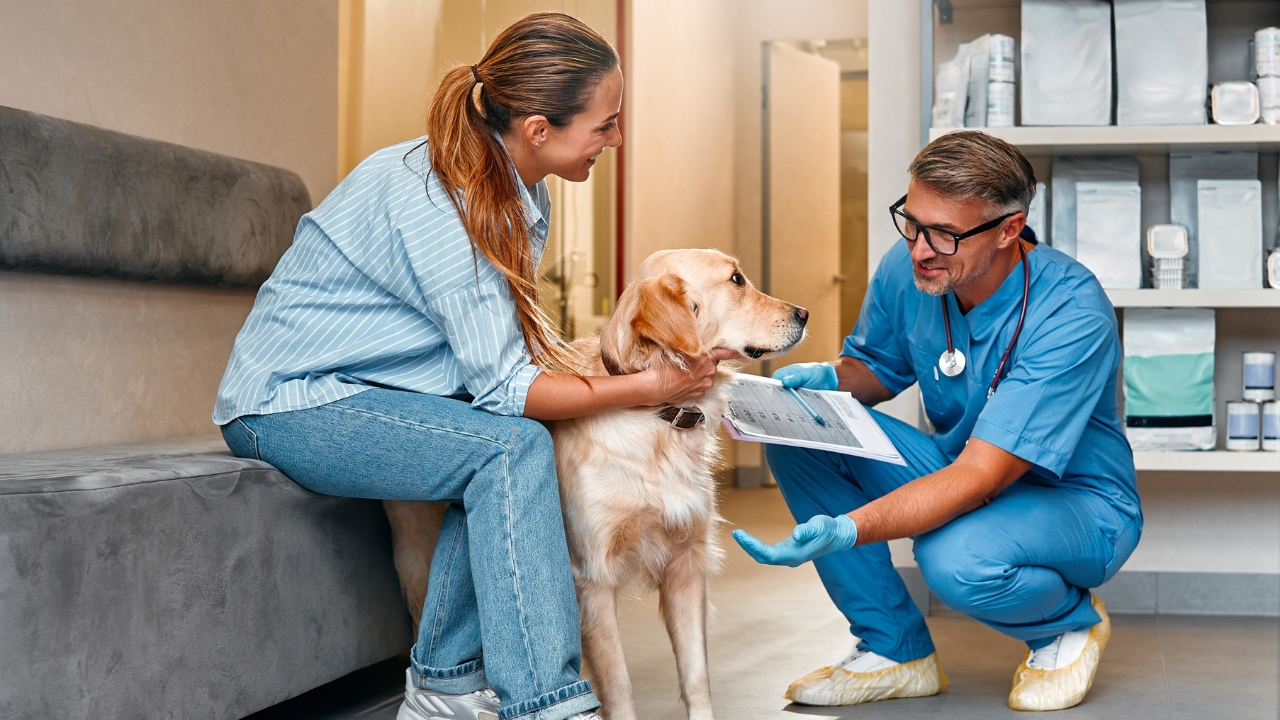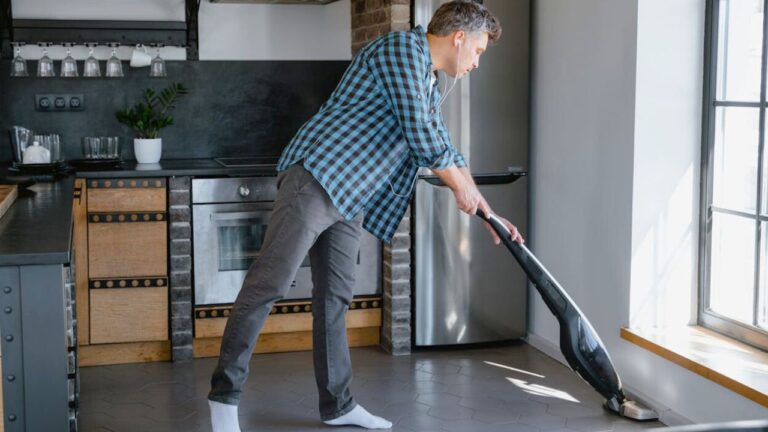10 Mistakes That Make Life Harder With a Dog
Dogs can roll with a lot, but some habits make things harder—for them and for you. A lot of the stress dog owners deal with comes down to small, avoidable mistakes. If your dog’s acting out or your routines feel like chaos, these are some of the spots to check.
Inconsistent Rules Between Family Members

If one person lets the dog jump on the couch and another scolds them for it, they’re stuck guessing what’s okay. That confusion adds stress fast.
Pick your rules and stick with them. Dogs don’t need perfection, but they do need consistency—especially during training.
Letting Bad Habits Slide Too Long

That one time they barked and got away with it? They remember. And if it worked once, they’ll keep testing it.
Small problems grow fast with dogs. Nip behavior issues early so they don’t become part of their routine. It’s easier than trying to fix them later.
Not Giving Them Enough to Do

A bored dog finds its own entertainment—usually by digging, chewing, or barking nonstop. And it’s not their fault if they’ve got nothing else going on.
Mental stimulation matters. Rotate toys, teach new commands, and get them moving daily—even if it’s not a long walk.
Forgetting How Much Routine Helps

Dogs thrive on patterns. Feed them at random times and leave the house unpredictably, and they’ll get anxious or act out.
You don’t need to be rigid, but some rhythm to the day helps them settle down. Predictability makes for a calmer dog.
Ignoring Signs of Stress

Pacing, panting, licking their lips, or hiding—they’re all signs your dog’s stressed. And if you miss it, they don’t get better—they get worse.
Watch how your dog reacts to changes, visitors, or new environments. Catching stress early means you can change course before it leads to aggression or anxiety.
Skipping Training After Puppyhood

Training isn’t something you finish—it’s something you maintain. Older dogs can backslide without reinforcement.
Keep working on commands and leash manners. Even ten minutes a few times a week can keep those skills sharp and your life smoother.
Being Too Reactive When They Act Out

Yelling, yanking the leash, or overcorrecting when a dog’s misbehaving tends to backfire. It raises tension and shuts them down.
Stay calm and redirect. Most “bad” behavior is communication—they’re scared, excited, or unsure. Help them out, don’t punish them for it.
Not Socializing Them Early

Dogs that aren’t exposed to other people, dogs, and environments early often struggle later. Fear-based reactions don’t come out of nowhere.
Start slow and keep experiences positive. Social dogs are more confident and easier to manage long-term.
Letting Them Eat Too Fast or Free-Feeding

Fast eaters get bloated, gassy, or worse. Free-fed dogs can get overweight or picky. Either way, you lose control of their food intake.
Use a slow-feed bowl or scheduled meals to build healthy habits. Dogs actually feel more secure when they know when food’s coming.
Putting Off Vet Visits or Nail Trims

Out of sight doesn’t mean out of mind. Skipping the basics can lead to major issues—ear infections, overgrown nails, or worse.
Stay on a routine with grooming and vet care. Your dog won’t love it, but it saves you bigger stress later on.
*This article was developed with AI-powered tools and has been carefully reviewed by our editors.







